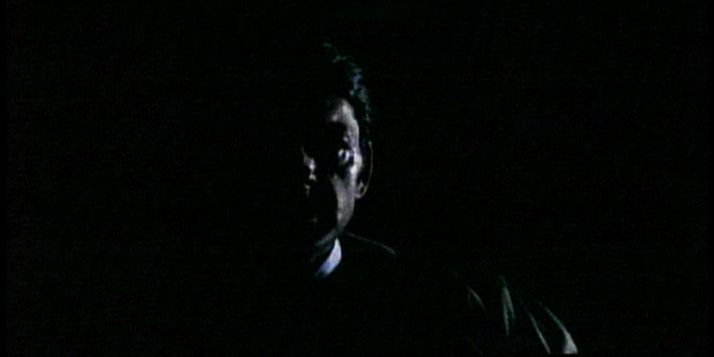 So Malcolm Gladwell has an opinion on “social media as saviour.” Seems he has been reading the wrong people because I don’t know anyone who believes that.
So Malcolm Gladwell has an opinion on “social media as saviour.” Seems he has been reading the wrong people because I don’t know anyone who believes that.
Gladwell recently penned an article in the New Yorker titled Small Change: why the revolution will not be tweeted. In it he argues that social media has not been responsible for social change and in the future won’t be responsible for social change.
A few things first. No one really has argued that point. Well, maybe a few people. But nobody who anyone takes seriously. Second, the article is not the first time Gladwell has spoken about social media’s role in society.
Back in April, 6 months ago, Gladwell spoke at the F5 conference in Vancouver. In his keynote presentation he outlined 3 main points:
- Social Media connections are made up of many “weak ties” and very few “strong ties.”
- Social Media does not build trust.
- Social Media will not change society.
In his New Yorker essay, Gladwell builds on a couple of the same points. His main argument is that social media has never, and can never, create change in society.
So let’s discuss this. One example Gladwell continues to come back to is the Iran Election and the influence Twitter had on any protests. Here’s the deal, some pundits may have said that Twitter was a catalyst in these protests but after reading Gladwell’s piece, I have to be honest with you: It’s the first time I ever heard of it.
In my opinion, and I’m no Gladwell, Twitter was used in a few other ways. First, it was used by sympathizers to message other supporters outside Iran on activities and progress of the movement. It was also used by those outside Iran to keep in touch with what was happening inside Iran.
Gladwell also fails to mention the impact YouTube had. I remember images of a young woman dying on my screen after being caught as an innocent bystander in the Iranian protests. This and other images helped to strengthen the resolve of those inside Iran as well as their Western supporters.
Gladwell also fails to point out the election of American President Barack Obama. If you read David Plouffe’s book, The Audacity To Win, you will come to learn the massive role technology and social media had in creating and mobilizing a movement.
Here’s the point, social media tools (Twitter, Facebook, YouTube, even SMS and IM) are mediums for the message. They are not the message itself. I agree with Gladwell in that its people who will be the catalyst of any future change. And most social media “pundits” will agree, too.
What social media does is allow more people to become involved. And when more people are connected, then the chances of identifying people who can help spread the message is increased. And that’s the power of social media: it’s people driven. Just like the next social movement.
I would love to know what you think. Feel free to comment below.



 So Malcolm Gladwell has an opinion on “social media as saviour.” Seems he has been reading the wrong people because I don’t know anyone who believes that.
So Malcolm Gladwell has an opinion on “social media as saviour.” Seems he has been reading the wrong people because I don’t know anyone who believes that. Yesterday afternoon,
Yesterday afternoon, 